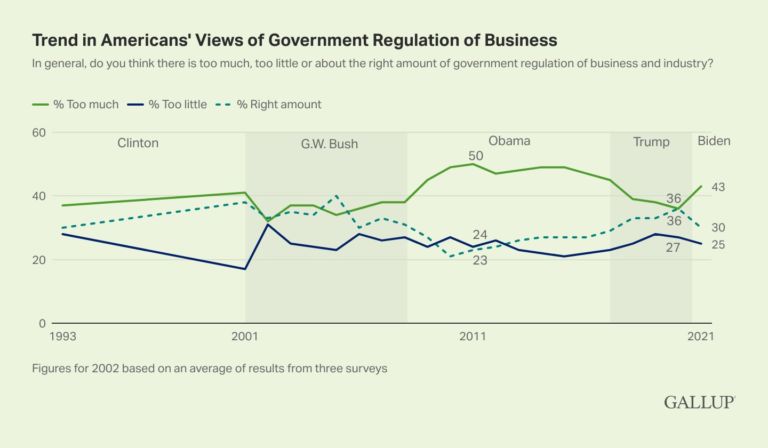Those who believe the Federal Reserve‘s nearly 100-year-old record leaves much to be desired ought to read the latest “Economic Beat” column from Gene Epstein of Barron’s.
Only subscribers will be able to read the column online at this point, but here’s an enlightening excerpt:
Only a handful of heretics have dared to ask about the job the Fed has done on the economy. One is George Selgin, an economics professor at the University of Georgia whose method of indictment is refreshingly straightforward.
It would be one thing to argue, based on some non-mainstream theory of the dynamics of money and credit, that a central bank is a bad idea. But Selgin forgoes such subtle arguments, preferring instead a simple before-and-after approach. He asks whether the economy, as measured by the central bank’s own objectives, performed better after the Fed was created than it had before. …
… Economist Selgin’s bottom-line finding: In virtually every conceivable respect, the economy performed at least as well pre-1913 than post-World War II, and usually better.
The column also references the following video of Selgin’s November 2010 presentation, “A Century of Failure.”


